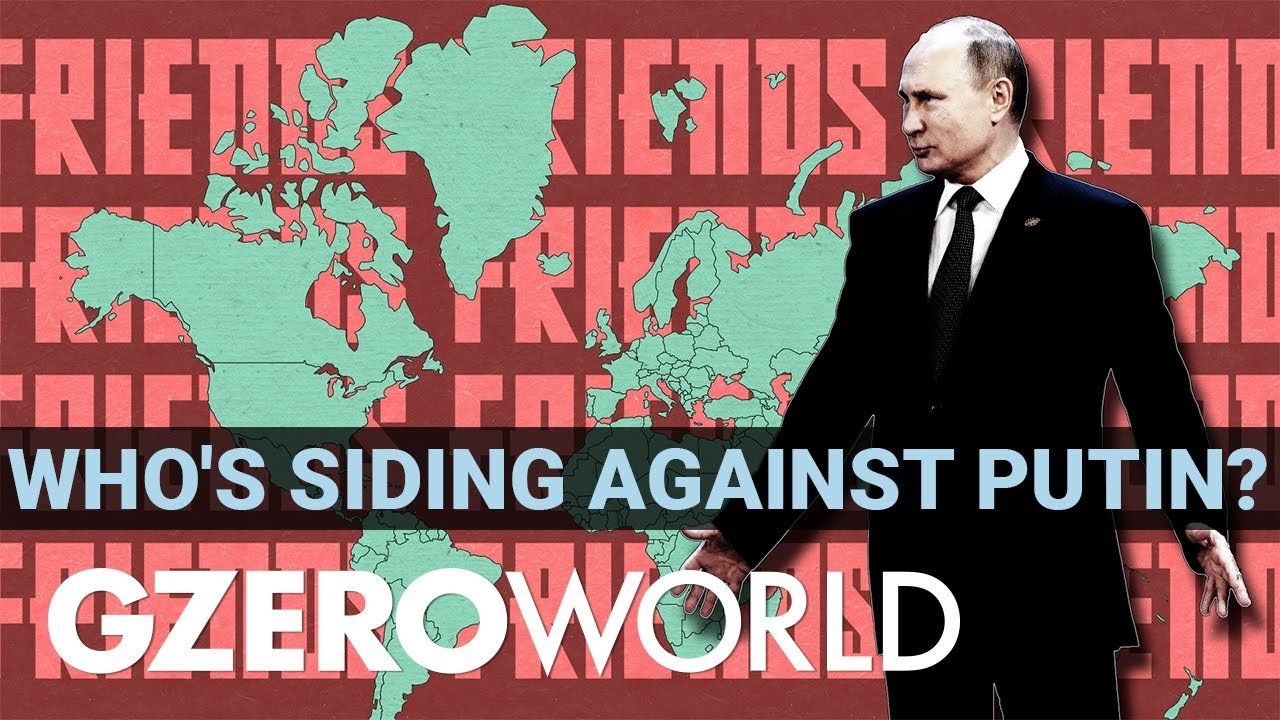GZERO World Clips
Russia's narrative win on war in Ukraine - outside the West

Russia's narrative win on war in Ukraine - outside the West | GZERO World

As tensions between Russia and NATO continue to escalate, Ian Bremmer and former US Ambassador to NATO Ivo Daalder discuss on GZERO World the perspective of non-Western countries, who are walking a complicated geopolitical tightrope between the two sides.
Nations like India, Brazil and South Africa have a strong diplomatic and economic ties to both Russia and the West. They're being put in a difficult position of condemning the war in Ukraine without supporting Western-led sanctions, which are creating high fuel prices and rising inflation for their own citizens.
The West needs to make clear that the negative effects of the war are a consequence of Russia's invasion of Ukraine, not of the sanctions themselves, Daalder argues. Changing the narrative to emphasize Russia's responsibility for the conflict is crucial if the West wants to maintain support for the long haul, which Daalder says could continue for decades.
At the 62nd Munich Security Conference in Munich, GZERO’s Tony Maciulis spoke with Benedikt Franke, Vice Chairman and CEO of the Munich Security Conference, to discuss whether the post-1945 global order is under strain or already unraveling.
Zelensky agrees: elections matter #PUPPETREGIME
As more small businesses move sales, payments, and customer relationships online, they unlock new opportunities, but they also become easier targets for cyber-criminals and other threat actors.
When Japanese Prime Minister Sanae Takaichi called snap elections last month, it was a big gamble. Holding a winter election just four months into her tenure with no real policy record to run on?